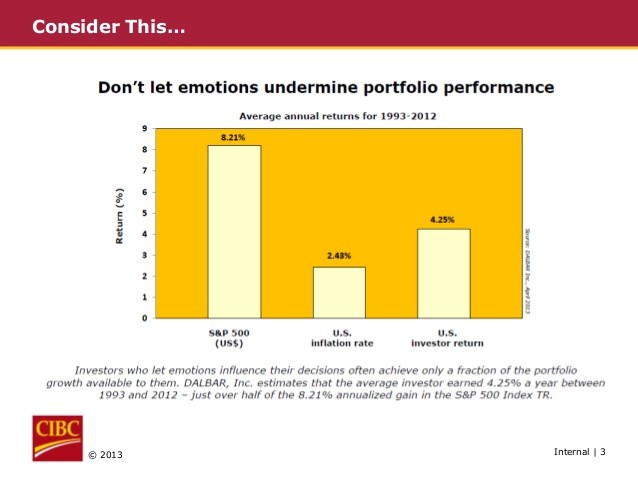The Importance of Diversification_3
Post on: 4 Август, 2015 No Comment

Diversification is a tool used by financial professionals to help investors create a portfolio focused on achieving their goals and dreams, without exposing them to undue risk.
Diversification assists in creating balance in an overall portfolio and may alleviate the potentially drastic highs and lows of a portfolio focused on only a few investments. This balance helps to keep individuals focused on investing for the long term.
A diversified portfolio is created through the process of asset allocation. Spreading assets among major investment categories helps to create balance because each asset class has different levels of return and risk, and so each will perform differently over time. The idea is to choose asset classes that are not directly correlated to one another, thereby reducing overall risk. While one asset class may be decreasing in value, another may be increasing.
Think of your portfolio as a pie and that each slice represents an asset class. One slice may be stocks, another bonds and another real estate. If real estate is performing well, then bonds may not be doing as well and the value of stocks may be decreasing, or vice versa. By diversifying your portfolio across these various asset classes, you are reducing the risk that the performance of your portfolio is dependent on the performance of any one asset class.
Every individual’s portfolio is different based on factors such as goals, life style, risk tolerance, stage of life, and investment horizon. In general, the more risk you are willing to take, the greater the potential return on investment. The first step in creating an asset allocation model that is right for you is to evaluate your personal goals, financial situation and level of risk tolerance. This can be a complex exercise and many people find that meeting with a financial professional and reviewing their goals and expectations can be helpful.
Once you and your financial advisor have determined an asset allocation model that is right for you, consider the following guidelines when evaluating investment opportunities to add to your portfolio.
Focus on choosing multiple, uncorrelated asset classes, each of which act differently during the same market conditions. This does not mean simply adding to the sheer volume of investments in your portfolio. Many investors fall into the trap of believing that they have a well-diversified portfolio merely because it is comprised of a large number of individual investments.

Choosing from among a variety of asset classes of individual stocks or mutual funds (for example: value, growth, large-cap, small-cap, mid-cap or international) is important; however, it may not provide enough diversification since the overall asset class (stock or mutual fund) is the same. In this example, adding fixed income securities or real estate, as separate and distinct asset classes which act differently than the asset classes of stocks or mutual funds, can provide a valuable amount of diversification.
Since it is very difficult to predict how the overall market will act over time, or to predict which asset class will be in favor at any given time, spreading your investments over a variety of asset classes gives you a better chance at achieving more stable, longterm returns.
It is also important to evaluate the sponsor or manager with whom you are investing. Make sure discipline is maintained within the asset class represented. And it is worthwhile to review prior performance and the ability to meet investment objectives. Keep in mind, there is always the risk that a single sponsor may not meet its objectives, thereby reducing your portfolio’s return. By spreading this risk across more than one sponsor or manager, you can potentially moderate the negative impact that a single, underperforming investment may have on your portfolio.
Diversification alone will not ensure a profit or guarantee against a loss in a portfolio. Like all investments, real estate securities in general may be subject to various risks including credit risk, interest rate risk, the risk that the value of the underlying properties may decline, and risks related to a general economic or market decline.
Securities offered by David E. Smyth, Registered Representative, through: The O.N. Equity Sales Company, Member NASD/SIPC, One Financial Way, Cincinnati, OH 45242 513.794.6794














